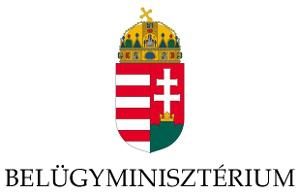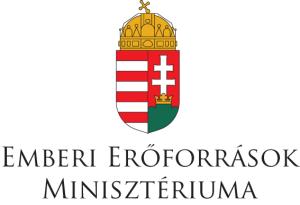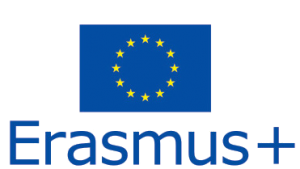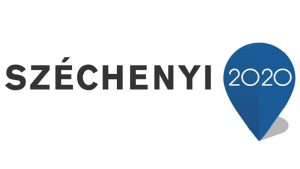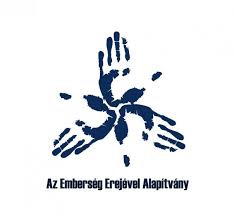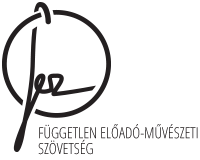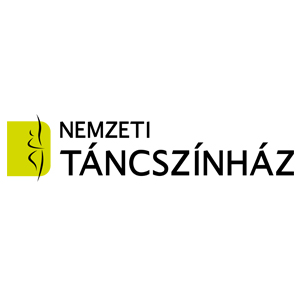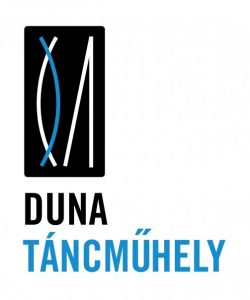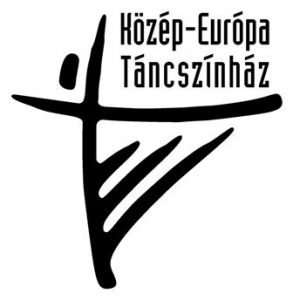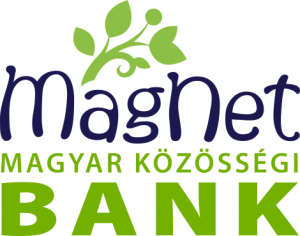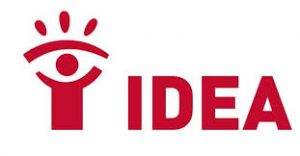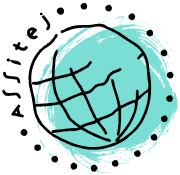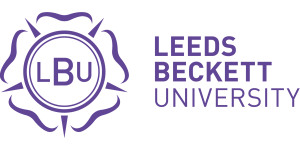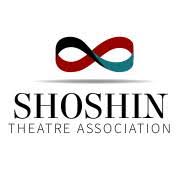What are the key competences?
Key competences in the shape of knowledge, skills and attitudes appropriate to each context are fundamental for each individual in a knowledge-based society. They provide added value for the labour market, social cohesion and active citizenship by offering flexibility and adaptability, satisfaction and motivation. Because they should be acquired by everyone, this Recommendation proposes a reference tool for the Member States to ensure that these key competences are fully integrated into their strategies and infrastructures, particularly in the context of lifelong learning.
This quotation is derived from the Recommendation that first set out the Key Competences in 2005. In the DICE project we investigated the effect of educational theatre and drama on five of the eight suggested competences, and in addition we ourselves suggested a sixth one. Below are definitions of those key competences we were researching.
No1. Communication in the mother tongue*
Communication in the mother tongue is the ability to express and interpret thoughts, feelings and facts in both oral and written form (listening, speaking, reading and writing), and to interact linguistically in an appropriate way in the full range of societal and cultural contexts — education and training, work, home and leisure, according to their specific needs and circumstances.
*It is recognised that the mother tongue may not in all cases be an official language of the Member State, and that ability to communicate in an official language is a pre-condition for ensuring full participation of the individual in society. Measures to address such cases are a matter for individual Member States.
No2. Learning to learn
‘Learning to learn’ is the ability to pursue and persist in learning. Individuals should be able to organise their own learning, including through effective management of time and information, both individually and in groups. Competence includes awareness of one’s learning process and needs, identifying available opportunities, and the ability to handle obstacles in order to learn successfully. It means gaining, processing and assimilating new knowledge and skills as well as seeking and making use of guidance. Learning to learn engages learners to build on prior learning and life experiences in order to use and apply knowledge and skills in a variety of contexts – at home, at work, in education and training. Motivation and confidence are crucial to an individual’s competence.
No3. Interpersonal, intercultural and social competences, civic competence
These competences cover all forms of behaviour that equip individuals to
participate in an effective and constructive way in social and working life, and particularly in increasingly diverse societies, and to resolve conflict where necessary. Civic competence equips individuals to fully participate in civic life, based on knowledge of social and political concepts and structures and a commitment to active and democratic participation.
No4. Entrepreneurship
Entrepreneurship refers to an individual’s ability to turn ideas into action. It includes creativity, innovation and risk taking, as well as the ability to plan and manage projects in order to achieve objectives. This supports everyone in day to day life at home and in society, employees in being aware of the context of their work and being able to seize opportunities, and is a foundation for more specific skills and knowledge needed by entrepreneurs establishing social or commercial activity.
No5. Cultural expression
Appreciation of the importance of the creative expression of ideas, experiences and emotions in a range of media, including music, performing arts, literature, and the visual arts. Self-expression through the variety of media […]. Skills include also the ability to relate one’s own creative and expressive points of view to the opinions of others. […] A strong sense of identity is the basis for respect and [an] open attitude to diversity of cultural expression.
The partners in the project have also added a sixth competence to reflect our practice and to accompany the other five:
No6. All this and more…
The No6 on our DICE incorporates the first five but adds a new dimension because educational theatre and drama is fundamentally concerned with the universal competence of what it is to be human. An increasing concern about the coherence of our society and developing democratic citizenship requires a moral compass by which to locate ourselves and each other in the world and to begin to re-evaluate and create new values; to imagine, envisage, a society worth living in, and living with a better sense of where we are going with deep convictions about what kind of people we want to be.

